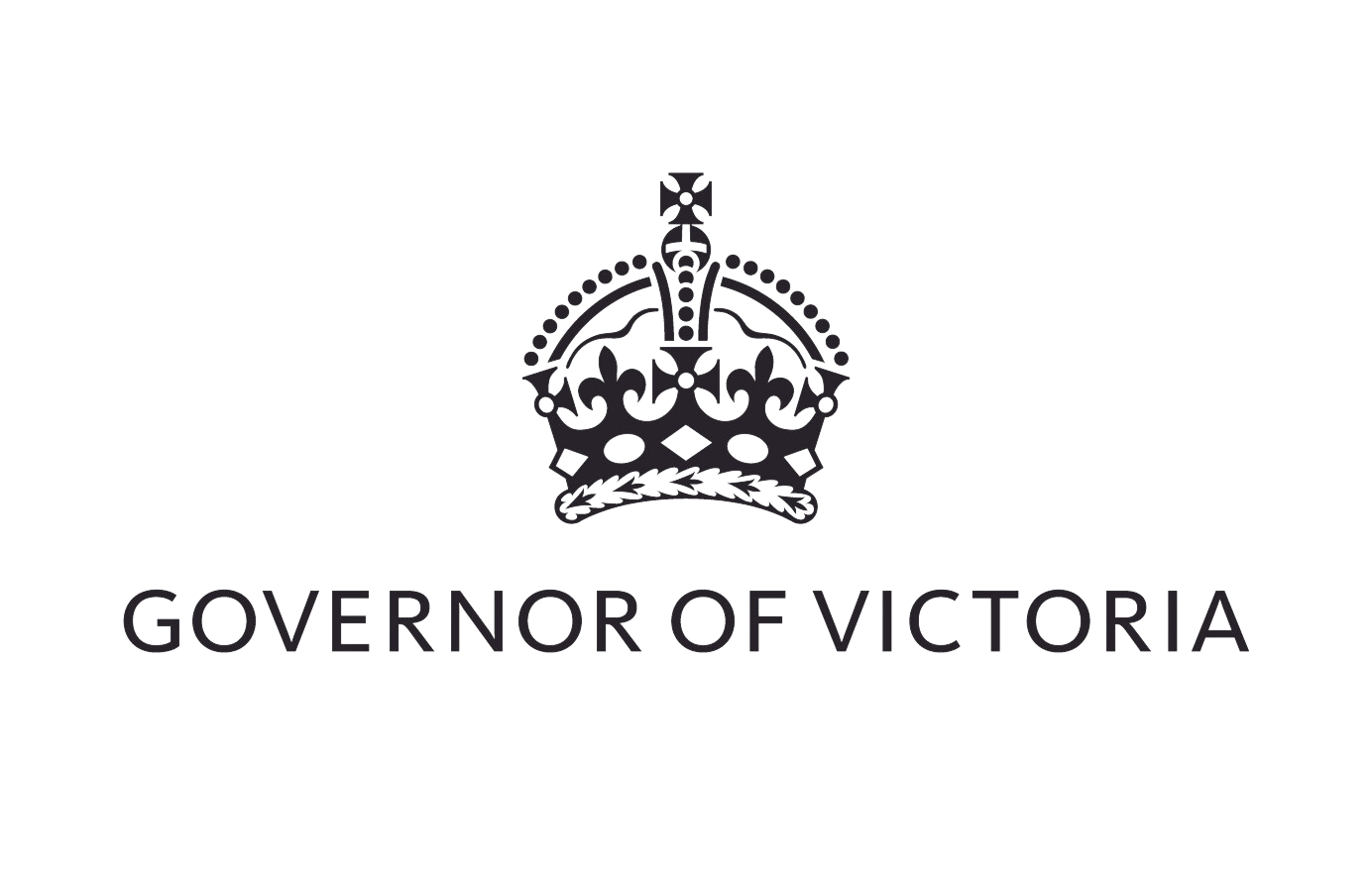
Speech given by the Governor at a forum hosted by the Victorian Multicultural Commission
I begin by acknowledging the Traditional Owners of the lands on which this building stands – the Wurundjeri people of the Eastern Kulin Nation – and pay my respects to their Elders, past and present.
Today, you are discussing issues which are particularly important to our multicultural society.
What I want to talk to you about is the framework in which we live collectively. I want to talk to you about public stability and the way we maintain it.
Reflecting on the ways to bridge differences and appreciate better our common humanity are important to the ways we create and maintain a harmonious society.
It is important that we seek paths to societal cohesion that mitigate conflict in these troubled and insecure times.
Conflicts in and between nations may bring and have brought divisions to our shores.
Currently the effects of shifting international relationships on the ‘rules’ and conventions that underpin political certainties and stability in our nation are unsettling societal assumptions about our modern world.
I remind us all that our nation is a parliamentary democracy.
My message is about the public framework of that parliamentary democracy that is the means to supporting our outer peace and enable us to have the inner peace that we may seek.
This parliamentary democracy is our means of assuring what might, and what laws endure under us to find a “reasonably harmonious and stable pluralist society”. (Rawls, 1993:xxv)
– and every one of those words matter.
I will not rehearse the constitutional elements of our parliamentary democracy.
However there are some elements that are material to our society and that are indeed essential to maintain a reasonably stable and harmonious society.
We have built a strong framework of individual rights and liberties beginning in the nineteenth and continuing through the twentieth to the current century.
We expect freedom of thought is respected.
As Rawls (1993) reminds us, until the emergence of political liberalism, we had centuries of intolerance.
Stability relied on people subscribing to the same beliefs – and we still see autocracies that create stable societies in part by enforcing unity of belief.
We have a society, a political system, that accepts that our people can be divided by different religious, philosophical and moral doctrines and yet all be treated as free and equal citizens, despite profound divisions.
We have collectively, politically, decided that there will be limits to how we will allow the divisions among us on religious, philosophical and moral grounds to impinge on our rights as free and equal citizens to a just, fair – and stable and harmonious society.
To be clear, our personal beliefs and deliberations and those of religious groups, for example, or other associations, are essentially part of those liberties or freedoms that our collective political system protects.
But those rights are guaranteed by all of us accepting, as a collective, that the rights that we have enshrined in our political system are available to all.
We have enshrined and accepted a series of political and civil liberties, as well as various other matters of justice and fairness that underpin our polity and society.
It is this public framework or set of principles that underpins our ability to build harmony in the face of many differences.
Rawls states that what he terms ‘the ideal of public reason’ is that “citizens are to conduct their fundamental discussions within the framework of what each regards as a political conception of justice based on values that the others can reasonably be expected to endorse and each is, in good faith, prepared to defend that conception …” (1993:226).
Our private divisions are subject to our collective agreement about the political principles that we will observe and defend – not only a type of consensus about those principles, but as Rawls suggests a type of civility in how we resolve conflicts and differences.
We should expect that our political representatives have a duty to justify significant decisions through appealing to this framework of principles or values that constitutes our political system.
There are those better versed in political philosophy than I who might elaborate better these key features of political liberalism.
My point this morning at the beginning of this symposium is that there is no simple answer to creating a reasonably stable and harmonious society.
The exploration of what is entailed takes us to fundamental questions about our society.
Yet we have here in Australia a political system which is constructed to bring this outcome into being.
We have heard much in recent months about the disruption to a ‘rules-based order’ – usually in the context of international conflicts.
At present, international trade relations are being explored beyond the boundaries of the expected and accepted in the postwar period.
We observe global differences and tensions; we experience local divisions and conflicts.
We expect and should tolerate a range of differences of belief and opinion consistent with the freedoms in our political system.
But we need to articulate the limits to public speech and action consistent with maintaining our system.
This is neither a simple answer nor a simple set of actions.
Our reasonably stable harmonious society means paying serious and continuing attention to our political system.
It requires us to understand its essential elements, to participate to maintain its integrity, and to protect its underpinning principles.
It requires us to express our differences within this civil framework.
We are all responsible – and it needs all of us.
